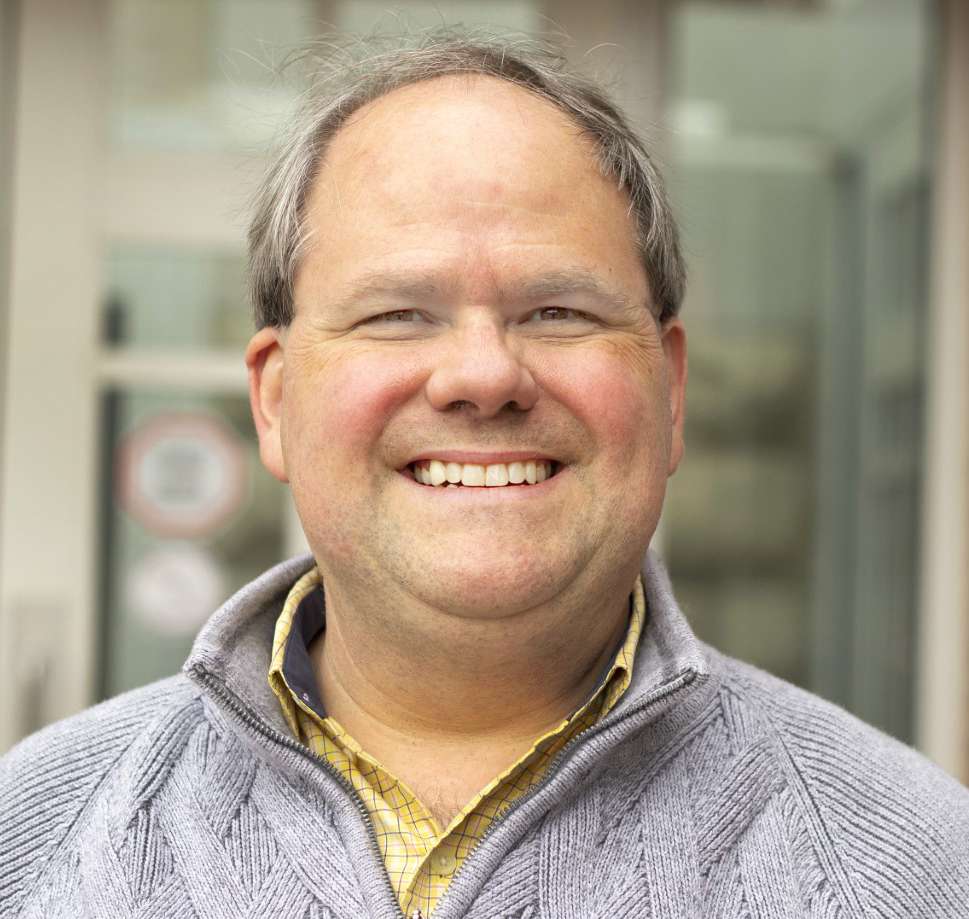
HUTCHINSON, Kan. — Emporia State University political science professor Michael Smith notes that over the last ten years since he made the effort to get his students engaged, the polarizing political environment has made this process more difficult.
"Throwing people into the deep end of the pool, getting them out there in their communities active in local changes, even if they are non-partisan changes, is a bit overwhelming for folks," Smith said. "In terms of their commitment of their time, what we need to do first is produce educated voters."
John Hibbing and Elizabeth Theiss-Morse’s 2002 book Stealth Democracy really changed Smith's approach, as they assert that many Americans do not wish to have a “deep democracy” and further that the same group would prefer a sort of benevolent dictator. They add that many Americans have little interest in compromise, instead believing their own opinions to be correct and seeking to force others to abide by those opinions. According to this line of thinking, contrary opinions are incorrect, therefore they need not be taken into account when policy is made.
"So many of the things that really effect our every day lives the most, like whether or not the programs in our kids schools are properly funded, whether or not a bridge is safe to drive over, whether or not an intersection is safe. Congress is not going to handle those things," Smith said. "Not directly, they may provide a little money. These are local government issues."
Reasonable people can disagree on the best direction for policy, but speaking generally, the closer to home a decision can be made and the more engaged local voters can be, the better.
"A pothole is a pothole," Smith said. "It's not a Democrat, a Republican, a Libertarian or anything else, it's a pothole, and it needs to be filled. A bridge that's crumbling, we'd better fix that. Lets put partisanship aside. That's what local government ought to be about, water treatment plants, you name it. Some of these issues that are creeping in to our local government may be percolating down instead of up, or dripping down, I guess from national interest groups with an agenda."
Smith said both sides have begun running opponents in the primary against those they don't deem to be ideologically pure enough from a policy perspective, which can push positions farther to the extremes. This is especially true since there are more and more safe districts where any real contest for a seat in the legislature or Congress is contested in the primary. Smith misses the days when some politicians would make policy first and then sell their constituents on their decision, rather than constantly running for their next term and always thinking about a potential primary opponent.





